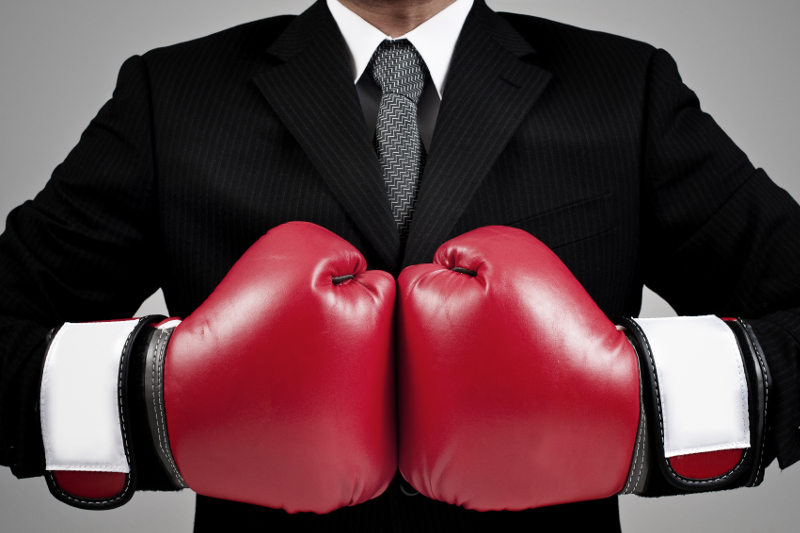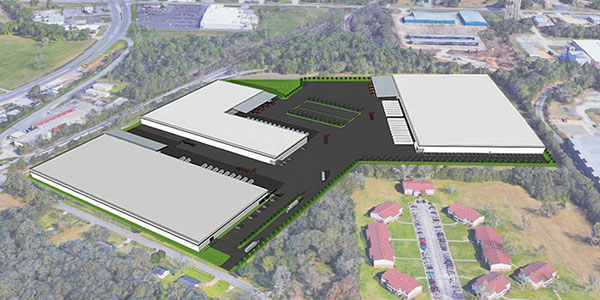In my business, we talk to a lot of folks about different types of equipment financing. And, for the most part, business owners want to know more about equipment loans. However, according to the U.S. Small Business Administration (SBA), up to 85 percent of all small and medium-sized businesses lease equipment. In fact, a lease is actually more cost-effective in many cases.
To help carwash owners and operators better understand their options, knowing the advantages and disadvantages of loans and leases is crucial. However, above all else, business owners should know the primary difference between a loan and a lease. A loan is the borrowing of money to purchase equipment, while a lease is a rental agreement for the use of equipment for a specific term. Leases normally have a purchase option at the end of the term.
As a means of financing, loans and leases have benefits and drawbacks. In this article, we will discuss some major considerations owners and operators should keep in mind.
Amount financed
Loan: A significant down payment (20 to 40 percent) is generally required for a loan. Additionally, loans often exclude soft costs, such as shipping, training, installation, etc.
Lease: The down payment is normally limited to one or two payments for a lease. Moreover, a lease typically finances 100 percent, including soft costs and sales tax.
When it comes to the amount financed, leases have the better advantage due to 100 percent financing.
Rates
Loan: Rates for loans can be fixed or floating and based on prime rate or another index. Because loans are frequently tied to other collateral, the annual percentage rate (APR) on a loan may be lower than a lease.
Lease: Payments are generally fixed for the life of a lease. Lease payments will typically be slightly more than a loan for the same amount. However, in the current increasing rate environment, a fixed lease payment may be better than a variable rate loan. Depending on how fast and how much rates increase, the payment and total amount of interest paid for a variable rate loan may be significantly higher than a lease.
With regards to rates, it’s a tie. Fixed rate loans have the advantage of a lower APR; however, leases with their fixed payments have the advantage over variable rate loans.
Balance sheet versus off-balance sheet
Loan: On a balance sheet, loans are listed as a liability or long-term debt, which can limit a business owner’s ability to borrow money in the future.
Lease: Monthly lease payments may be viewed as a business expense (equipment rent) instead of a long-term debt on a balance sheet. As many may know, having little or no debt on a company’s financial statements is a huge benefit when it comes time to securing business funding.
Leases take the lead here with the benefit of an off-balance sheet.
Prepayment
Loan: Equipment loans typically do not have a prepayment penalty. However, most business owners seldom pay off equipment loans before the end of the term.
Lease: Leases are rental agreements for a specific period of time. While most leases do not have a particular penalty for prepayment, there is no benefit for early payoff.
With no prepayment, loans have the upper hand for this category.
Extra costs
Loan: Because banks like additional collateral to secure loans, many loans can include costs such as appraisal fees, environmental reports, title fees, surveys and other extra charges. Likewise, an SBA loan may have SBA guarantee fees.
Lease: The costs and fees associated with leasing can be much lower than loans. Typically, a business owner may pay a small documentation/packaging fee.
Lower charges secure the lead for leasing in regards to extra costs for these financial types.
Available terms
Loan: Depending on the collateral, loan terms normally range from 24 to 60 months. However, SBA loans offer terms up to 10 years for equipment financing.
Lease: Terms for equipment leases range from 24 to 84 months. In most cases, carwash operators select a 60-month term. Custom terms can also be arranged.
With the potential for longer available terms, loans have the advantage in this section.
Equipment types
Loan: Most banks prefer financing equipment that can easily be resold in the secondary market. Items like heavy construction equipment, machine tools and medical equipment are preferred. In addition, most lenders do not like to finance special purpose equipment attached to the ground.
Lease: Special purpose equipment, such as water reclamation, automotive repair, lube center and carwash equipment, are perfectly acceptable to lease.
For equipment types, leases are victorious due to the acceptance of special purpose equipment.
Ease of application
Loan: Regardless of the amount requested, most banks won’t begin to review a potential borrower’s credit request until he or she supplies a full financial package.
Lease: One leasing’s biggest features is application-only financing. Odds are a lease can be approved with a simple application, some bank statements and the equipment proposal. Application-only lease programs are available up to $400,000.
Leases are much easier to get approved than loans, making it the front-runner when considering ease of application.
Speed
Loan: Banks are typically slower credit decision-makers. It can take weeks to gather the information needed to apply as well as weeks for a banker to prepare the request and bring it to the credit committee for review.
Lease: Approvals for leases can be issued in as little as one day.
With swift approval, leases surpass loans in terms of speed.
Taxes
Loan: Historically, equipment financed with a loan has been written off over an extended period of time. However, the Protecting Americans from Tax Hikes Act was enacted in December 2015. Under the new law, the Section 179 tax deduction limit was expanded to allow business owners to deduct up to $500,000 in capital equipment in the same year it’s acquired.
Lease: In a vast majority of cases, a lease for carwash equipment will have a fixed purchase option of $1 or 10 percent. Those leases qualify for the Section 179 tax deduction.
With the new section 179 tax deduction for both leases and loans, taxes are a tie.
Collateral
Loan: Banks usually secure their loans by requiring additional collateral such as real estate, equipment, inventory, receivables or even a borrower’s home.
Lease: In most instances, the only collateral needed for a lease is the equipment being leased.
In general, leases offer business owners less collateral when compared to loans.
Restrictive covenants
Loan: Bank loans often require the borrower to maintain certain minimum financial ratios. If the borrower fails to sustain these ratios, the bank can call the loan.
Lease: Generally, no restrictive covenants exist for equipment leasing.
With few restrictions, leasing offers a greater advantage with regards to restrictive covenants.
The next step
While getting the equipment to properly operate a car care business is critical, deciding on the type of financing can be just as important.
What works for other car care business owners might not be the best option for you. Take your time, and weigh all of the advantages and disadvantages of loans and leases before making your decision.
Michael Ford is the managing director for Coast Commercial Credit, which specializes in general small business, carwash and franchise financing.














